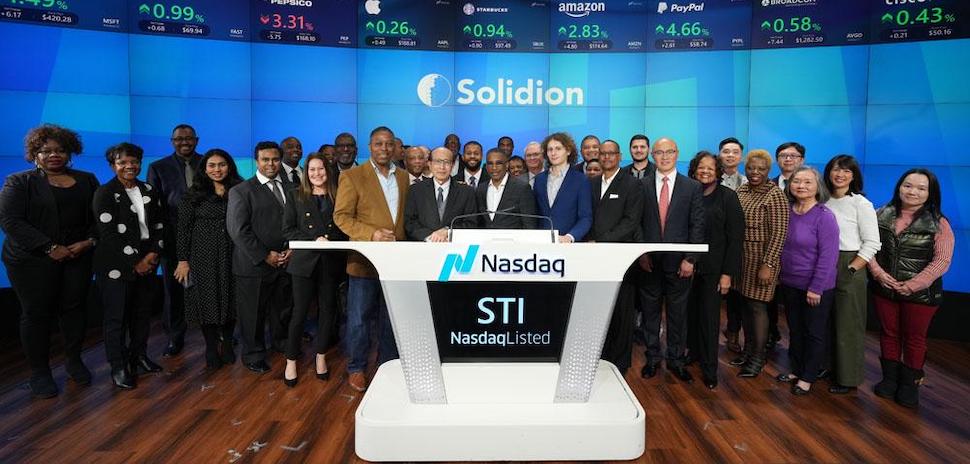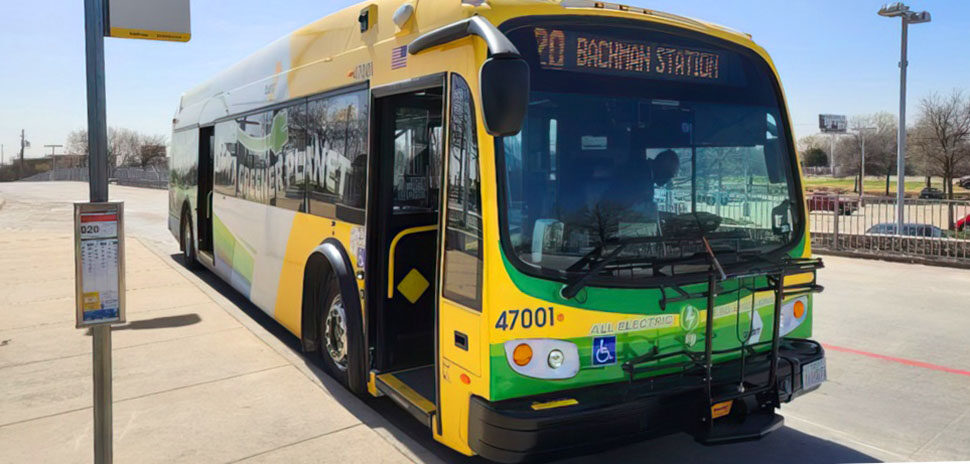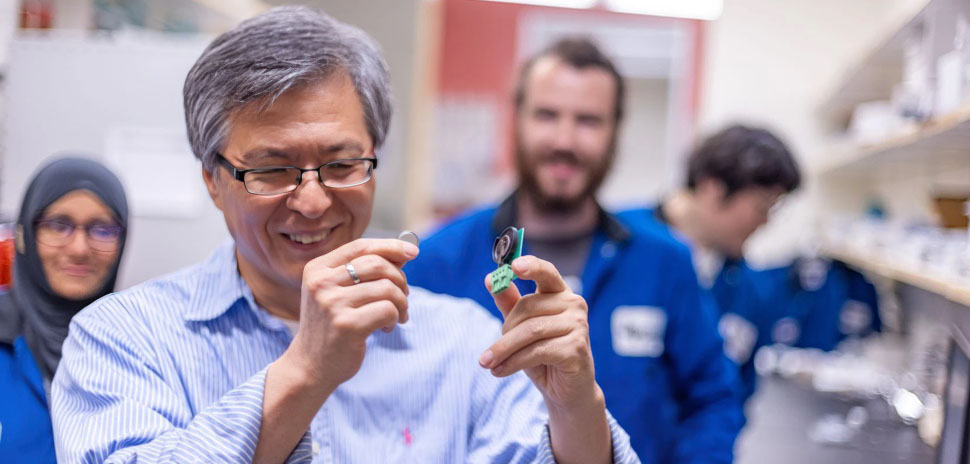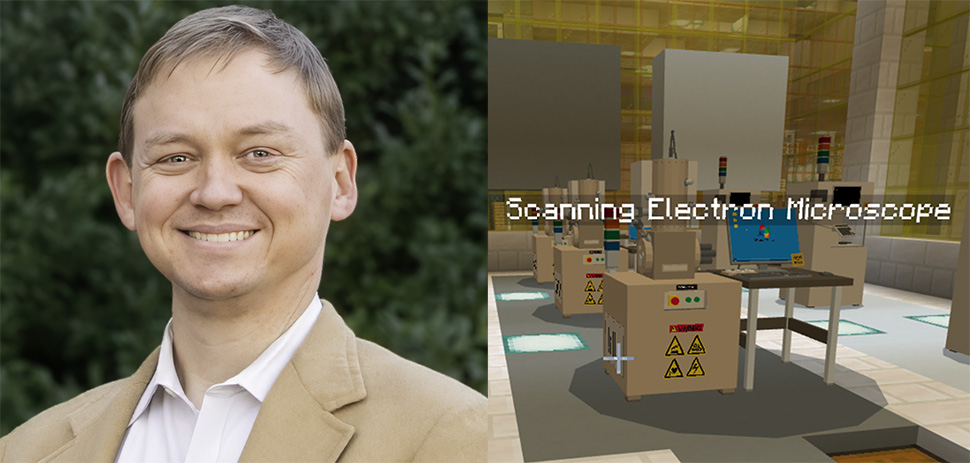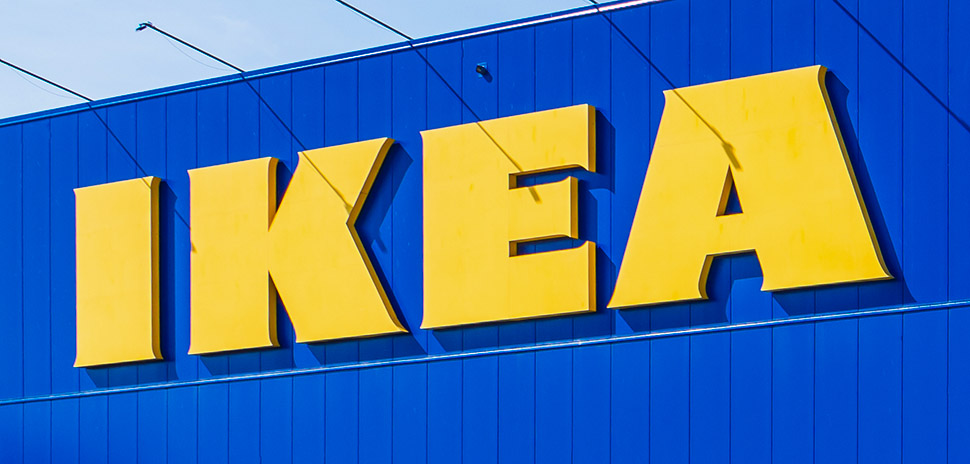Many drivers haven’t switched to electric vehicles because of something called “range anxiety,” a fear of driving an EV and running out of power without being able to find a charging point in time to replenish their vehicle’s battery.
Now a Dallas-headquartered advanced battery technology solutions provider is working to alleviate those fears.
The company, Solidion Technology, began trading on Nasdaq earlier this month as the merged entity between Dayton, Ohio-based Honeycomb Battery Co. and Dallas-based Nubia Brand International Co., a special purpose acquisition company.
“Electric vehicles will continue to grow global market share over the next decade,” Dr. Aruna Zhamu, Solidion/HBC co-founder and technical adviser, said in a statement. “Our EV battery technologies, including Si-anode, are very attractive to EV manufacturers. It’s a drop-in solution that can easily be incorporated into existing manufacturing processes. We’re engaged with many top-tier OEMs now validating our solutions.”
Extending EV range by using silicon anodes
Solidion said the amount of energy that a lithium-ion battery can supply to an EV is limited by the number of charges stored in its anode and cathode materials.
For the past 30 years, graphite has been the preferred anode material, but silicon oxide and silicon are two evolving anode materials capable of improving the energy density of EV batteries and extending the EV range by 20% to 40%, Solidion said.
However, the higher-capacity gain of both silicon and silicon oxide is limited by the technical issue of large volume change-induced rapid capacity decay, the company noted.
Solidion said it has overcome that obstacle and has established a Dayton-based facility for manufacturing silicon oxide and silicon. Its team is now ready to expand the production capacity for these two types of high-capacity anode materials, the company added.
The company says its silicon anodes drive significant improvements in lithium-ion batteries, noting that industry-leading EV OEMs have concluded that silicon and silicon oxide anodes are required to drive EV battery technology to lower cost and provide higher energy density, significantly extending the EV driving range.
‘A key enabler for next generation EV batteries’
Solidion said that it’s “well-positioned” to become a leading North American supplier of battery anode materials, including graphite from sustainable sources, silicon oxide, and silicon.
Its parent company, G3, was recognized as a global leader in the patent landscape of silicon anode for lithium-ion batteries.
Solidion said it has developed anode materials that fulfill requirements for next-generation EV batteries now specified by the industry. The company is seeking to establish partnerships for expanding manufacturing capacity of its advanced anode materials.
“Solidion’s Si-anode technology exceed performance and cost reduction criteria for EV application,” Dr. Bor Jang, Solidion CSO and co-founder, said in a statement. “Solidion’s Si-anode solutions will be a key enabler for next-generation EV batteries. Our team is excited that the EV industry is focused on the same critical path as we see as foundational, using Si-anode to significantly improve EV batteries.”
Solidion’s core business includes manufacturing of battery materials and components, as well as development and production of next-generation batteries for energy storage systems and electric vehicles for ground, air, and sea transportation.
![]()
Get on the list.
Dallas Innovates, every day.
Sign up to keep your eye on what’s new and next in Dallas-Fort Worth, every day.










